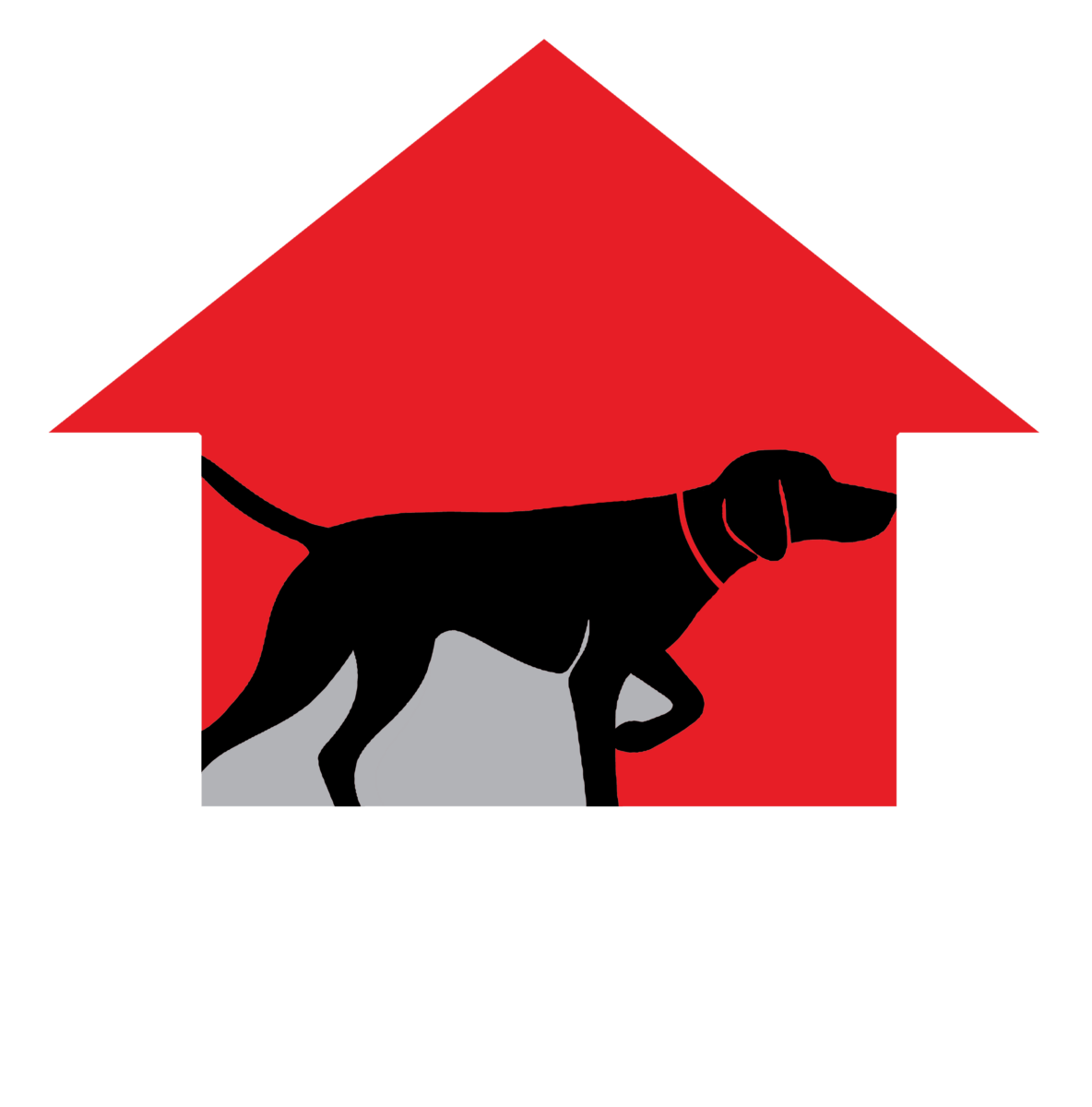Your collateral is more than just an address on a loan application; it is the fundamental security for a significant financial investment. From the integrity of the roof to the condition of the foundation, its physical state directly impacts risk and valuation. Understanding the critical role a property’s condition plays in the lending decision is woven into every single inspection I perform on behalf of financial institutions. My inspections are far more than just a process, and you are so much more than just a client.
What Are HUD-Compliant Structural Foundation Inspections?
HUD (U.S. Department of Housing and Urban Development) requires that all manufactured homes meet specific construction and safety standards under the National Manufactured Housing Construction and Safety Standards Act of 1974. These standards ensure that the home is properly installed and permanently affixed to its foundation.
Key Components of a HUD Structural Compliance Inspection
- Permanent Foundation Certification: Required for homes financed through FHA, VA, USDA , and in most cases conventional or portfolio loan products. The foundation must meet the most current HUD’s Permanent Foundations Guide Standards for Manufactured Housing.
- Additions Certification: Includes all accessory structures such as porches, garages, or other structural room additions. All accessory structures must comply with HUD standards to ensure that they are not exerting or transferring loads that compromise the integrity of the original manufactured structure.
- First Permanent Location Verification: HUD requires confirmation that the home is presently installed at its first permanent location and has not been visibly relocated.
- Engineering Inspection: A licensed engineer typically reviews the data gathered during the onsite physical inspection and either issues a certification verifying compliance with the HUD guidelines or provides the reason(s) why the home may not meet the applicable standards.

Why Is HUD Certification Important?
- Loan Eligibility: Without HUD-compliant certification, manufactured homes may not qualify for government-backed loans like FHA or VA.
- Resale and Refinancing: Certification is typically required by the lender for resale or refinancing to ensure that the home meets the most current safety and structural standards required of manufactured dwellings.
- Legal Compliance: HUD can enforce these standards either directly or through state run agencies and can pursue penalties for violations or non-compliance with the standards.
Before ordering your inspection, you should be aware of the critical timelines inherent in the lending process. The appraisal and inspection contingency window is often the most rigid timeline in a purchase agreement. If in doubt, review the loan commitment letter and be sure to communicate with your loan officer or title agent. All inspections must be completed, and any conditions met, within a prescribed period to ensure a smooth underwriting process and on-time closing. This is typically a defined number of calendar days from the executed contract. Here again, if you are not certain, consult your trusted lending professional. In the world of mortgage finance, the maxim “time is of the essence” is an absolute. The adage “he or she who hesitates is lost” dovetails with this, underscoring the urgency required to secure the loan and finalize the transaction.
